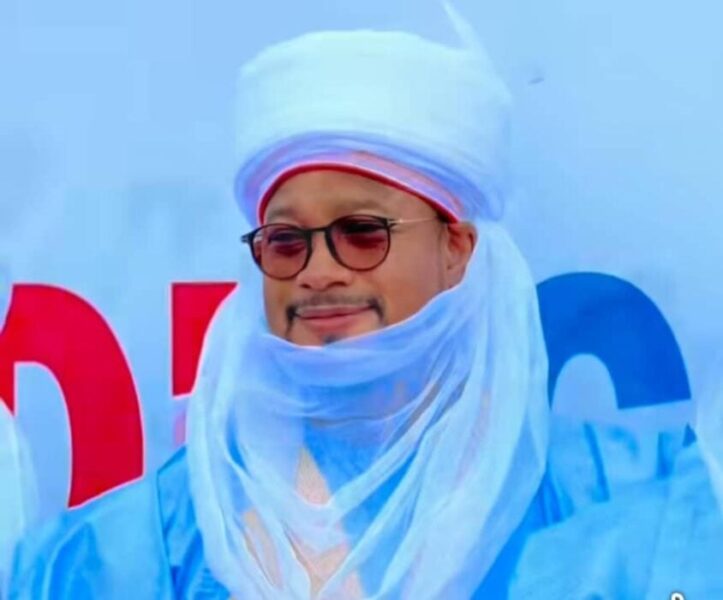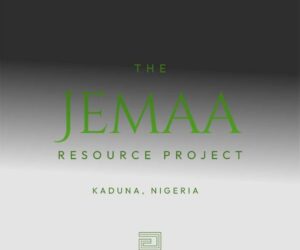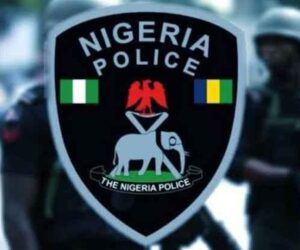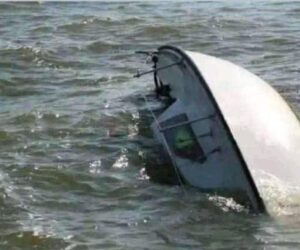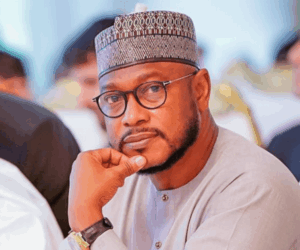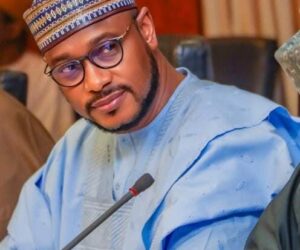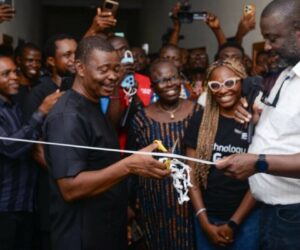Politics in Zamfara has often been like a wrestling ground, a place where service is unfortunately cloaked in the garb of ego. The gladiators who now challenge Governor Dauda Lawal are not strangers. Some are ex-office holders and their pride is being bruised by the sight of a new order. Some others are restless aspirants, circling like hawks, hoping the governor stumbles so they may swoop in. Together, they form a circle of cynics, determined to distract Gamjin Gusau’s reformist agenda with discord.
In communities where new classrooms rise, they mutter that the walls are illusions. On freshly tarred roads and bright street lights, they cast stones of suspicion, saying the asphalt will peel with the next rain. Even in villages where women and children are beginning to feel the calm of improved security, they thunder that peace is only a mirage. In their folly they go to the extent of paying online “foreign reporters” to rank Zamfara low in their cooked-up matrix. They peddle false narratives that the state governor borrowed tons of billions putting the state in debt. Alas, Odogwu 1 of Africa runs the state smoothly without borrowing a kobo. His precisive governance method remains an enigma to them.
This desperation is visibly reflected in the immediate past by-elections where military force and brute coercion was used. Local elections are the pillars of grassroots governance. For Governor Dauda Lawal, they are vital to his reforms, the foundation upon which progress rests. But for the gladiators, they are fortresses of patronage, the sources of influence and spoils. And so what should have been a festival of democracy turned into a circus of sabotage. Separative embers were stoked recklessly, turning fragile unity into tinder.
In some wards, ballots were less about choice than about the weight of money and military might. The electoral ground became not a fertile field but a battlefield of egos. One of such experiences this writer had during the 2025 by-elections in Kaura Namoda. There, the will of the people was suppressed by the public display of guns and force. Voters, political agents and observers were prevented from entering areas mapped out by the gladiators. Threats were made and fear was manufactured for certain goal. What they failed to see in their perceived illusory victory is the new resilient spirit of the people and their will to confront fear with resilience. Gamji with the support of the people of Zamfara will not retreat any time.
He understands that the sabotage was aimed not only at elections but at the soul of his larger project. He insists that politics must not hold governance hostage, that elections may come and go but schools, hospitals, and jobs must remain. He frames his struggle not against individuals but against a culture of waste and cynicism. For this, the gladiators resist him fiercely because his discipline is the mirror in which their indulgence looks ugly. His insistence on accountability exposes their impunity; his focus on development mocks their diversions. They do not oppose him because they doubt his vision but because they fear its success will bury their legacy. Still, the cost of distraction is heavy. Elections twisted into spectacles erode faith in democracy.
Propaganda corrodes confidence, leaving even genuine progress doubted. Rivalries consume time that should heal wounds of poverty and insecurity. In a state as delicate as Zamfara, distractions are not games—they are added wounds.
Fortunately, Dauda sees distractions as stones on a path. They may slow a man’s pace, but they cannot stop his journey. He likens governance to farming: weeds will always compete with crops, yet the diligent farmer knows how to eliminate weeds. He keeps his hands steady, his eyes fixed on the larger project he envisions. History, Dauda knows, remembers not who shouted loudest in the political square but who built most faithfully. The gladiators’ echoes will fade, but the schools, roads, and peace initiatives done by Gamjin Gusau will remain. Like the Gusau River, Dauda flows on. And so he walks forward, carrying Zamfara’s hope. The gladiators stalk and jeer, but he is driven not by their noise but by the silent prayers of mothers, the weary eyes of farmers, the dreams of children. For them, he endures the distractions, knowing that leadership is not about the noise of today but the verdict of tomorrow. Dauda Lawal will succeed insha Allah.
~ Prof. Rasheedah Liman writes from Gusau, Zamfara State.

